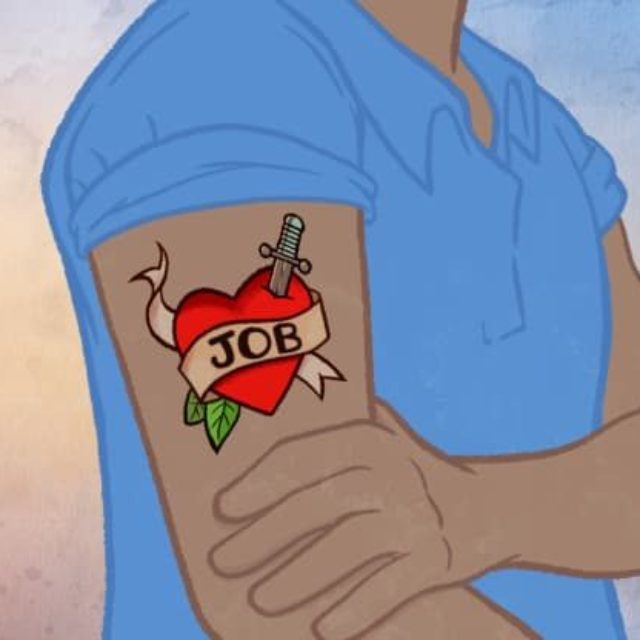CNBC, January 2022
In the early 2000s, Jennifer Sherman, a professor of sociology at Washington State University, went to study a poverty-stricken mountain town in Northern California for her thesis. The town had been stripped of its main source of jobs by an environmental ruling that shut down its logging industry, and she planned to look at that ruling’s effects on marriage and family. Instead, what she found upon meeting folks on the ground was that “every interview, people just talked about their own work ethic, somebody else lacking work ethic, or the value of hard work,” she tells Grow. Even in the absence of jobs, work remained key in measuring human value. With whatever external proof they could find, “people really, really did make the big show of letting me know that, ‘I’m a worker,’” she says.
That attitude toward employment—that belief that work and being a worker is at the core of someone’s identity — is prevalent throughout the U.S. “There are people who identify with their jobs everywhere,” says Ludmila Praslova, a professor of psychology at Vanguard University of Southern California. “But I think the proportion of people who identify themselves by their work is very high in the States.”
Steven Vallas, a professor of sociology at Northeastern University, goes even further in describing how Americans relate to work. “Whether it’s personal fulfillment, social inclusion, or respectability,” he says, in the U.S., “work is the single most important way of proving your worth” as a person.




